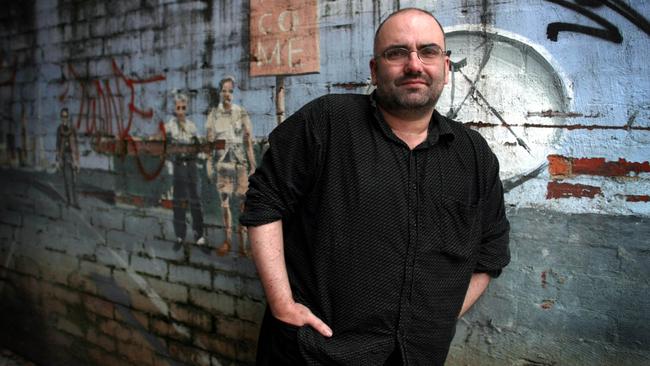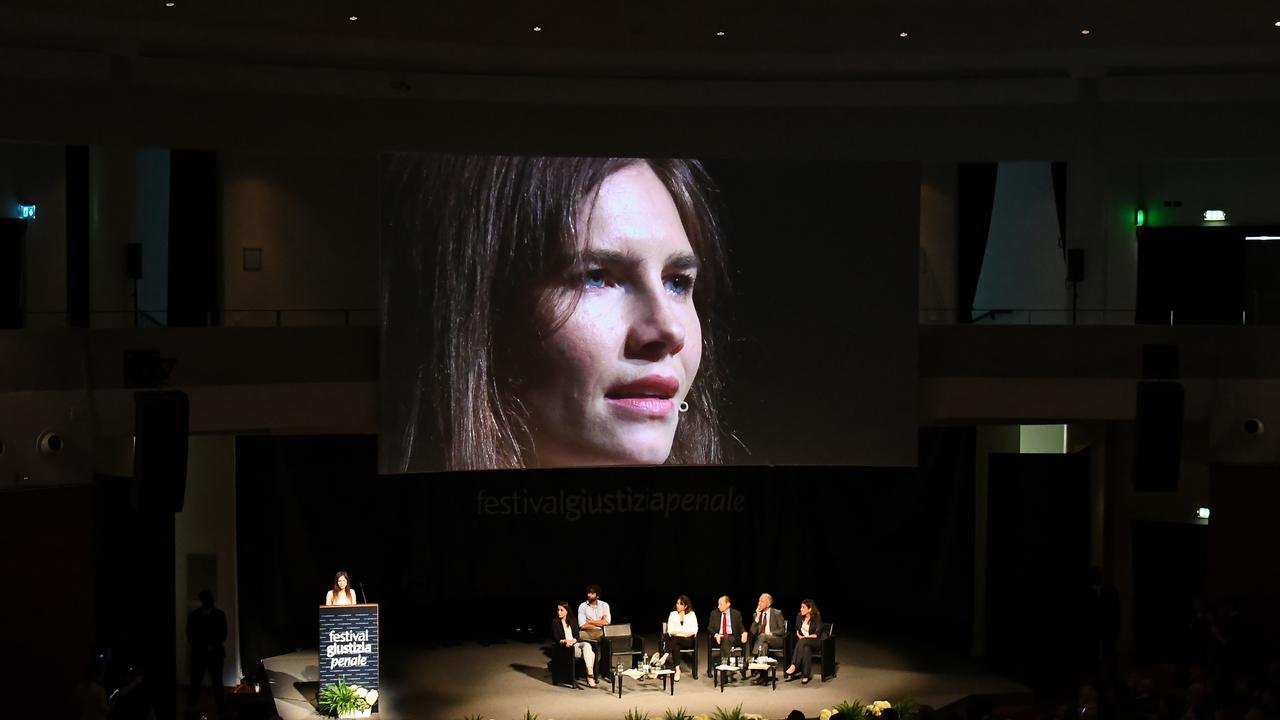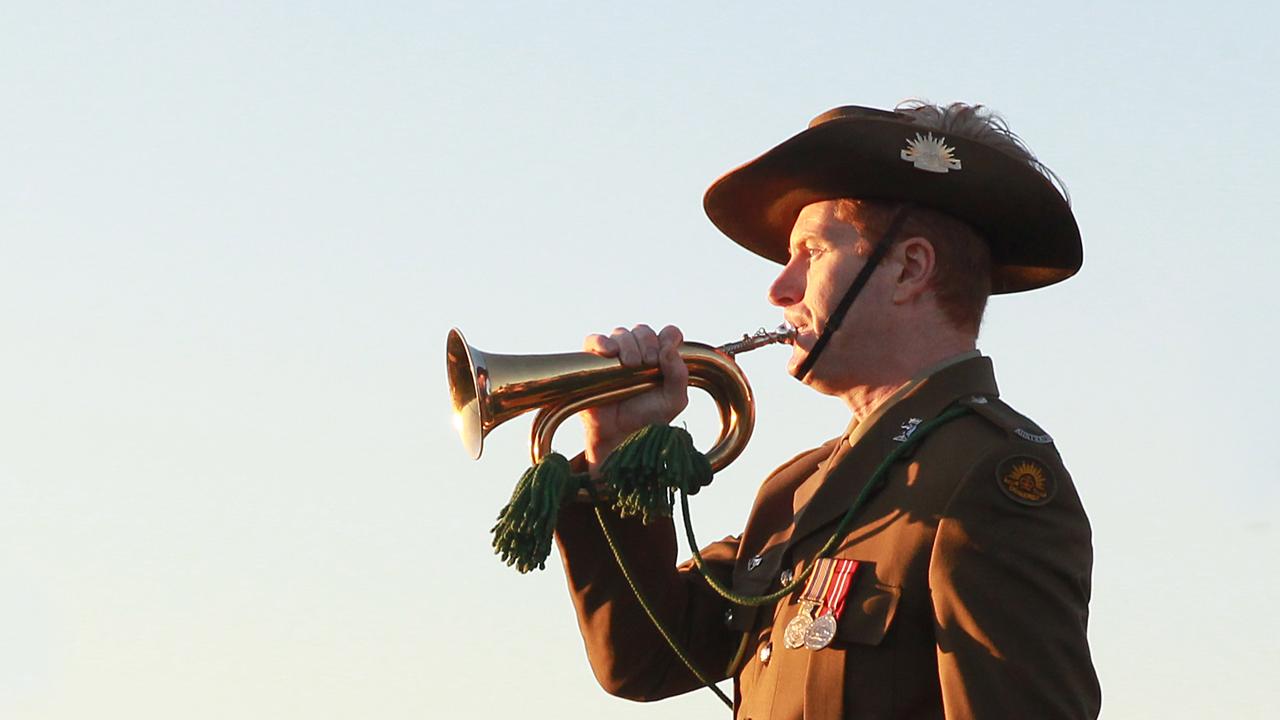Guy Rundle’s collection of essays ‘as fine as any’
Guy Rundle’s new essay collection is one of the most formidable to be published in this country.

How we undervalue our own. Guy Rundle has been writing political journalism of the greatest breadth and depth for decades now. One thing that obscures it is that he can seem like the next best thing to a communist. Another is that his compelling charm sometimes makes it difficult to distinguish him not from whatever he’s on at the time: fatigue, bravado, you name it.
But his new book, Practice, is one of the most formidable collections of essays to be published in this country, one that bears comparison with the best of Gore Vidal or Christopher Hitchens. It also has — a bit dumbfoundingly — the unmistakeable quality of wisdom.
Don’t get me wrong: Rundle is not a sage or a saint. But this collection makes you want to weep and cheer at just how searching and serious is the intellect behind these essays.
Rundle captures the lunacy and the plangency of politics because he sees it as such a sweeping novelistic thing. His description of Barack Obama’s victory in 2008 is full of detail: how Colin Powell “could hardly continue” in a TV interview, how “Condoleezza Rice teared up”.
Later, in an uncharacteristic postscript, Rundle speaks of the difficulties his position may pose to his comrades. “Had I been American I would have worked actively for Obama victories, worked my guts out … his judgements on which battles to have, and which to avoid, his priorities, struck me then and strike me now, as correct and superior to those of his critics.”
Rundle says we need “to dissolve simple notions of a big tent progressivism, in the interests of making visible a politics that has a deep and multidimensional idea of the human being at its core”. Should there be no such politics arising from the critical Enlightenment traditions, it will come from the other side, in a manner that will make Donald Trump’s election “look like the farce before the tragedy”.
The obvious reversal of one of Karl Marx’s most famous dicta is brilliant in intimating what could happen if struggling people are ignored, what much rougher beast than Trump might lurch into some fascism of the future. And Rundle’s restraint does not diminish his deadly seriousness.
In fact his leftism is the opposite of narrowly dogmatic. Like Margo Kingston long before him, Rundle has what he describes as “a panic of sympathy” for Pauline Hanson. But in an essay that’s full of fun and satirical colour, he points out that her economic nationalism is much closer to one kind of Labor tradition.
Here, though, is the mad Marxist on Tony Abbott: “Because as Abbott’s speech — a well-crafted and cogent piece whose large themes of a strong and responsible Australia, one that leaves no one behind and thereby restores trust between government and people, all fit together though the details don’t even begin to add up — unrolled, it became clear to me … that this was the takeover. This was Santamaria’s last disciple, setting out a policy from the heart of the Liberal Party — whether it is honoured or not — that owes more on many fronts to Labor than it does to the tradition of classical liberalism.”
Rundle’s fascination for ideological coherence means the Greens, with their appeal to the “knowledge class”, are “the only party with a genuine and growing constituency”. He also knows this mob of superstructural luvvies is self-interested.
What Rundle sees with clarity is that aspect of Australian particularism some trace back to Lachlan Macquarie. “There is little patience for the abstract value of ‘freedom’ if it is the freedom to swelter, for children to get sick and for the aged to die, while gas is sold overseas …” He’s in some ways surprisingly forgiving and admires Paul Keating for his superannuation scheme. He also declares that the Liberal National Party “wouldn’t risk a genuinely laissez-faire program … even if it wanted to”.
All of this is bracing and subtle and not without a streak of residual optimism.
When it comes to the historical influence of international communism, Rundle is inclined to put as good a face on it as he can. He admits that “Communism was undoubtedly a catastrophe for Russia and for certain of its post-World War II satellites”. He continues, “Whether the same can be said for China — for all the horrific violence and criminally lethal economic policy of the Mao era — remains to be seen … communist China has lifted more people from the domain of absolute poverty than any single project on earth”.
This is a wonderfully stimulating book at every point. In a way that gives circumstantial perspective to Rundle’s overtly political pieces, there’s a lot about place and society, as well as chunks of his satirical scripts.
The obsessive lyrical essays are a thing of wonder. Rundle has a dazzling archeological hymn about Melbourne, which makes you remember ancient cafes and haunts long forgotten. He says of his home town, “Grim? A grimmer word is needed. Grim? It was phenomenal. The city lost any picturesque quality and became sublime.”
This culminates in his ode to Melbourne’s public library. “But it was all worth it for the dome. The domed reading room was overpowering, its vast reaches folding away in the darkness, its galleries receding forever. The library was the centre of my City, a vast mother, huge womb filled with people made minuscule within.”
On aesthetic matters, Rundle swerves a bit between fandom and a kind of choking lyrical nostalgia that puts him beyond criticism. The latter certainly applies to his pilgrimage to the Seattle parking lot where Kurt Cobain first heard punk rock performed.
On the first series of the TV drama True Detective — the nouvelle vague one with the existential rhapsodising —— he declares “it’s the first time television has ever departed from the mass culture character differentiation”. It’s hard not to see this as Rolling Stonery.
Still, this is an incomparable book. Rundle characterises himself as “a young fogey since the age of 15, in perpetual mourning for the passing of things I never experienced”.
This is in the extraordinary essay about Soho and the borderline-mad woman Rundle knew there who was looked after in that most ancient bohemia, of Francis Bacon and Peter Cook and Jeffrey Bernard. Here’s Rundle justifying every shade of the purple he so lavishly uses:
A day is a century. The signs and the things in the window change, the place lives on. Waterloo was yesterday, the Glorious Revolution a week ago. Out my kitchen window, there’s a wall that, when the First Fleet set out, was covered with the black soot that still adorns it. Three winters, 200 winters, the snow has turned the black white and then it has gone black again.
If you run a school or a library, run out and buy this book. It is about as fine a book of essays as any Australian has ever written. You would have to go back to Robert Hughes’s collected essays to find an appropriate comparison. Everyone interested in politics, everyone interested in writing, everyone interested in life should read this book.
Peter Craven is a cultural critic.
Practice: Journalism, Essays and Criticism
By Guy Rundle. Black Inc, 384pp, $32.99



To join the conversation, please log in. Don't have an account? Register
Join the conversation, you are commenting as Logout